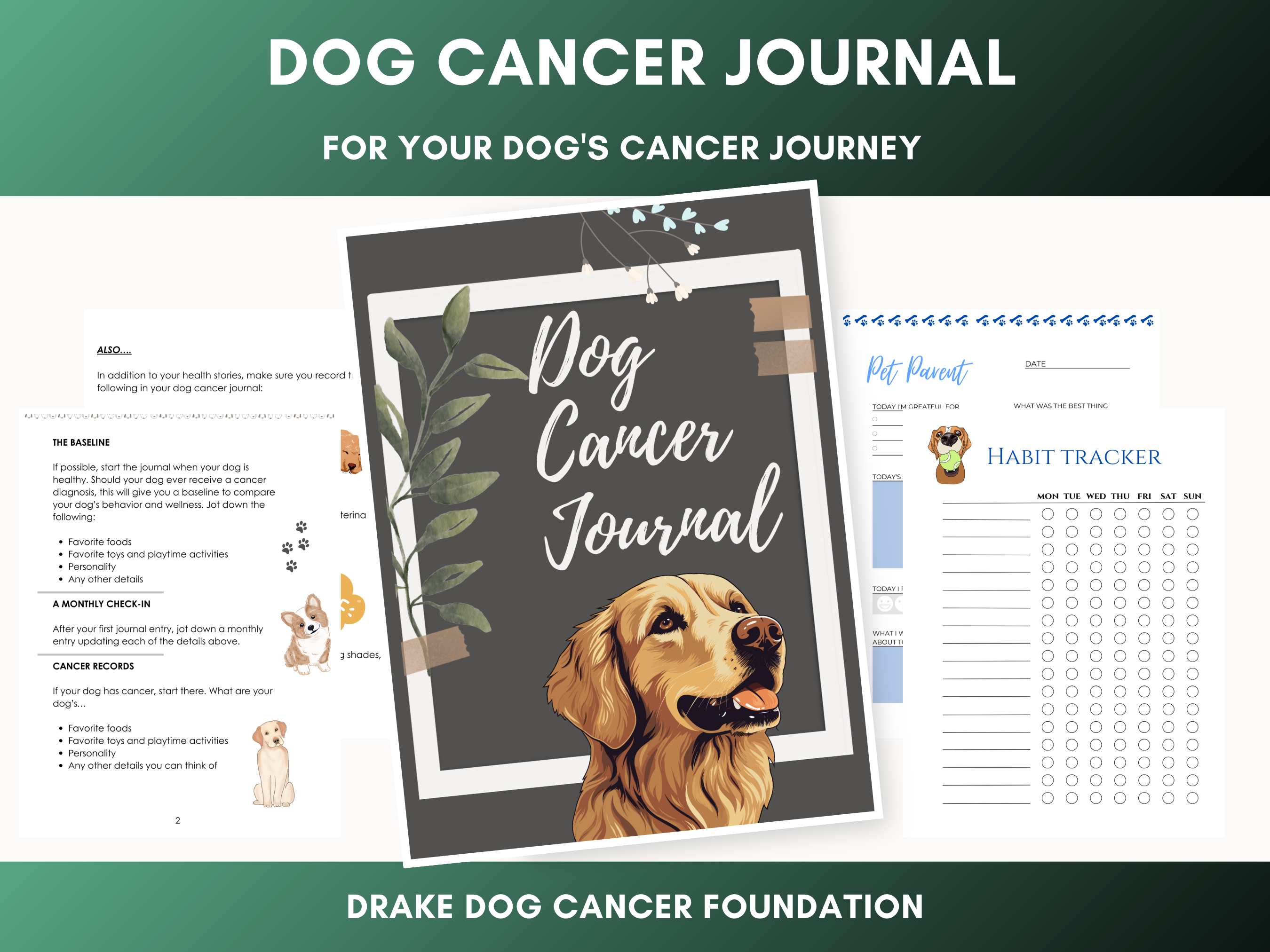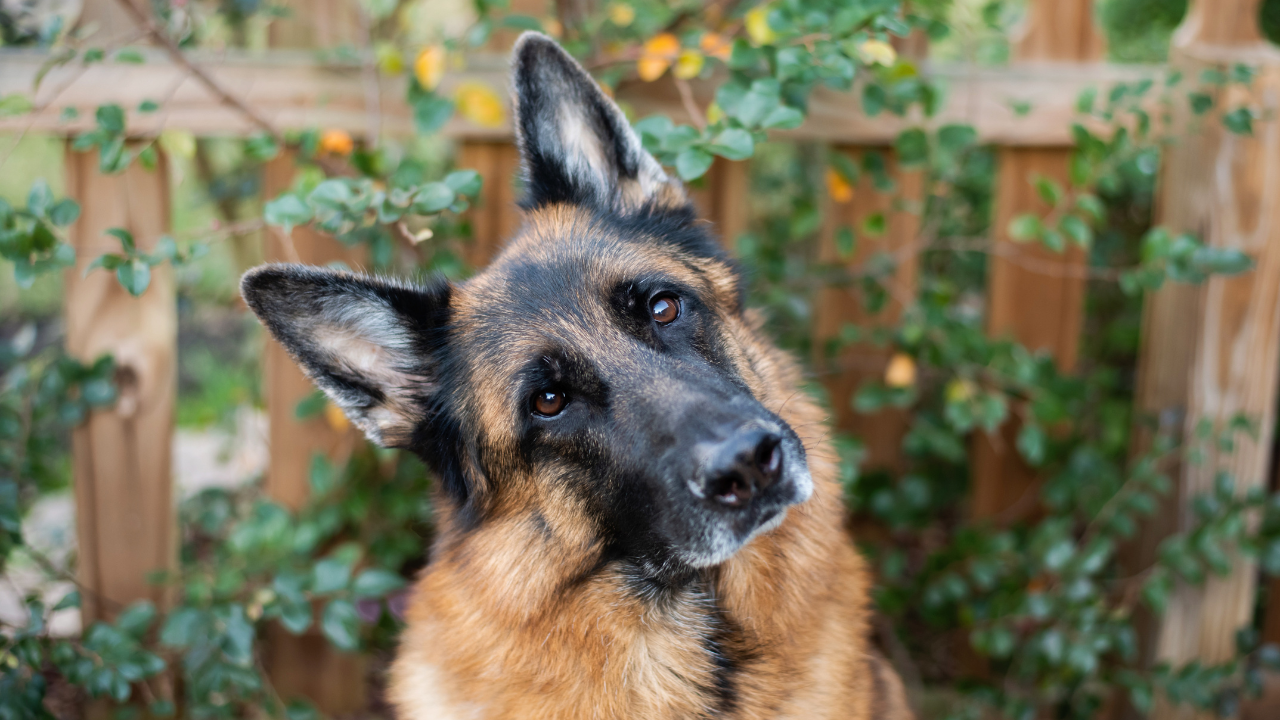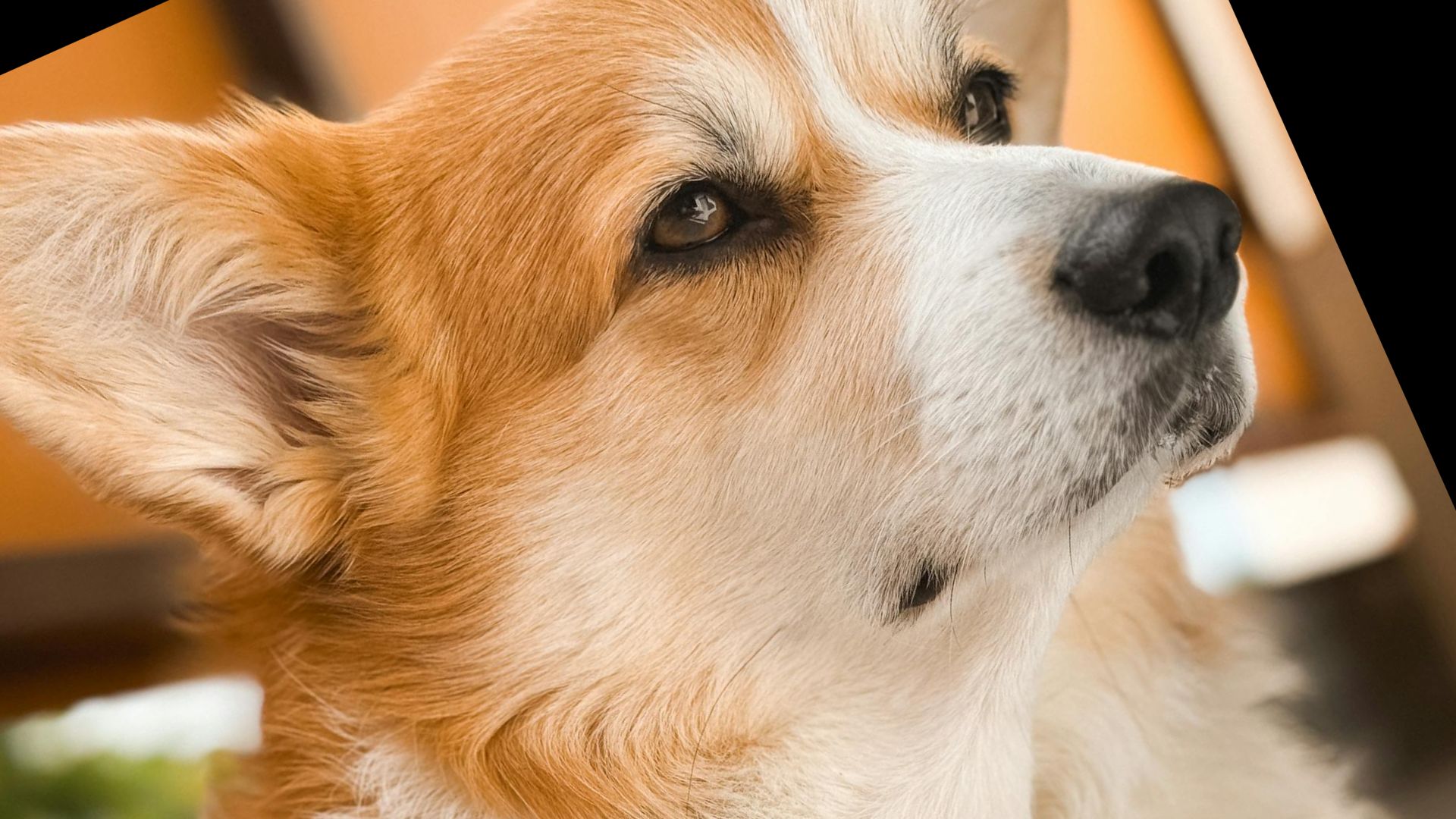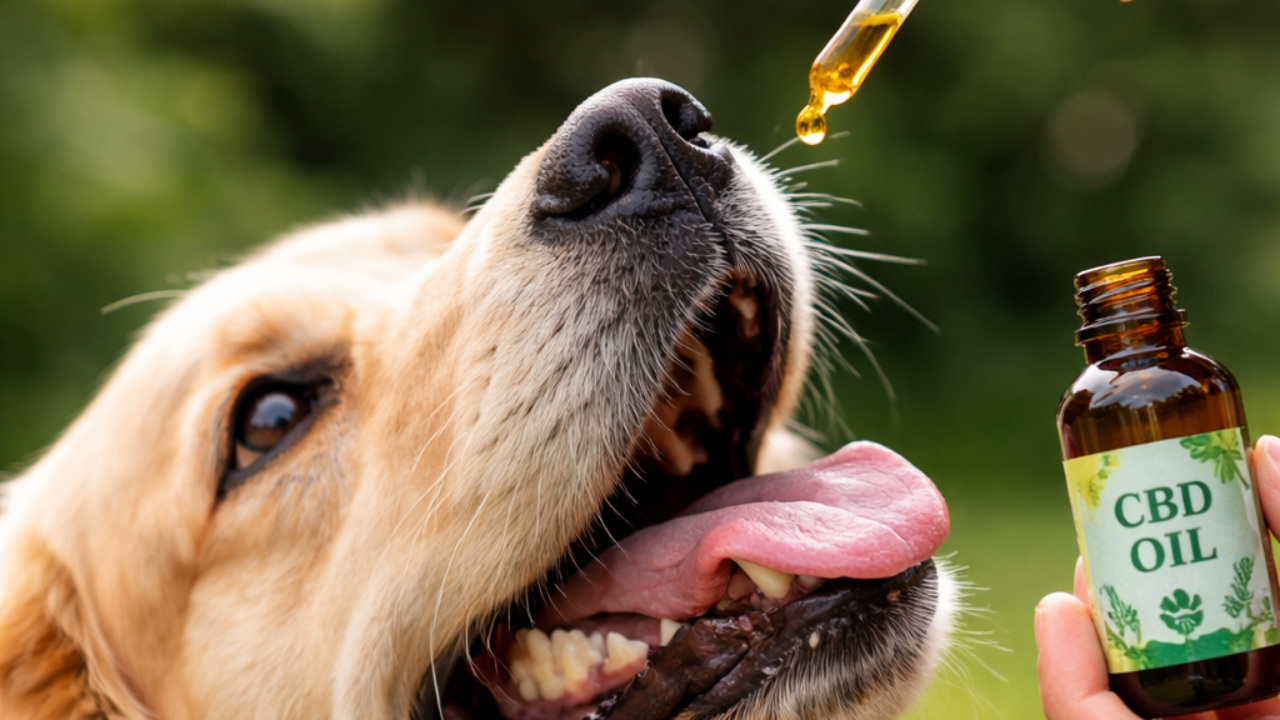Helping Anxious Dogs with Cancer Feel Calm Naturally
May 12, 2025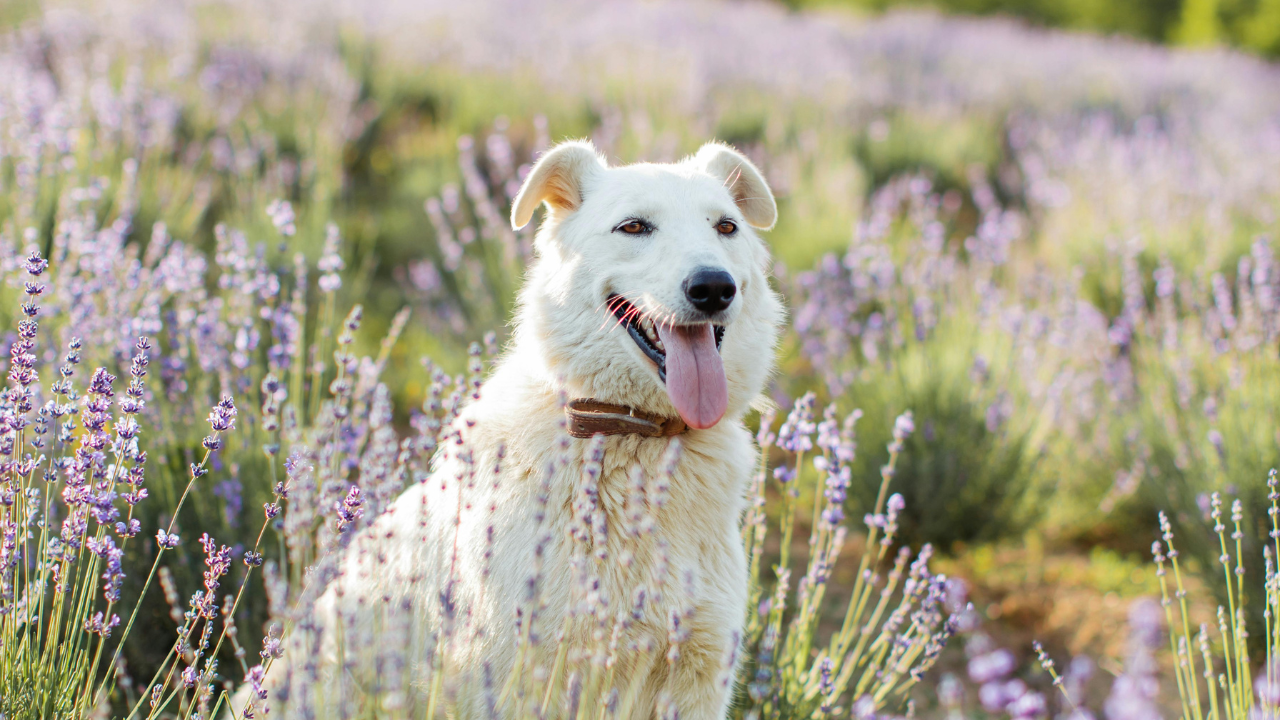
When your dog is facing cancer, their world—and yours—can feel overwhelming. Along with the medical treatments and physical symptoms, many dogs experience emotional stress. They may seem more anxious, restless, or withdrawn. As a devoted pet parent, it’s only natural to want to ease their discomfort in a gentle, loving way.
That’s where calming herbs come in. More and more families are exploring natural, non-drug solutions to help soothe dogs living with cancer. When used safely and thoughtfully, herbs can offer calming support, helping your dog feel more relaxed and at peace during a difficult time.
Why Dogs with Cancer May Experience Anxiety
Cancer doesn’t just affect the body—it affects your dog’s emotional state, too. Pain, medication side effects, changes in routine, frequent vet visits, and the general stress of illness can all contribute to anxiety. Dogs may pace, whine, hide, lose interest in food, or act clingier than usual. These are signs they may be feeling uneasy or unsettled.
According to veterinary behaviorists, stress in sick pets can also impact healing and quality of life—making emotional support an essential part of care.
How Calming Herbs Can Help
Certain herbs work gently to calm the nervous system, reduce stress hormones, and promote relaxation. While they won’t treat cancer itself, they can support your dog’s overall well-being by helping them feel safer, more comfortable, and less distressed.
Studies have shown that plant-based calming agents can be effective, particularly when used alongside other stress-reducing strategies.
Gentle Herbal Options for Dogs with Cancer
Here are a few calming herbs commonly used to help support dogs during cancer care:
Valerian Root
Valerian has been used for centuries to calm nerves and promote sleep. For dogs dealing with cancer-related restlessness or agitation, small doses of valerian may provide some relief, especially during stressful times like vet visits or treatments.
Chamomile
Chamomile is known for its dual ability to ease tension and soothe the digestive system—both common issues for dogs undergoing cancer treatments. A mild tea or dog-safe supplement can provide comfort without harsh effects.
Lavender
Lavender’s scent is widely used to ease emotional tension. Aromatherapy (via a diffuser or a diluted spray) can help create a sense of calm in your dog’s space. Never apply undiluted essential oils directly to your dog’s skin or fur.
Passionflower
Helpful for stress and emotional upset, passionflower can be used during periods of high anxiety—such as post-surgery recovery or when medications disrupt sleep. It’s available in tincture or supplement form.
Lemon Balm
Lemon balm is a gentle herb often used to promote calm and restful sleep. It's especially useful for dogs who seem more anxious in the evenings or struggle with disrupted routines due to illness.
Using Herbs Safely for Dogs with Cancer
Dogs living with cancer often have special health considerations, so safety is key when introducing herbs:
-
Always consult your veterinarian or an integrative vet before adding any herbs. Some may interact with medications or be contraindicated based on your dog’s diagnosis.
-
Start with small doses, and observe how your dog responds.
-
Use only high-quality, dog-safe products, free from additives or fillers.
-
Consider delivery methods that are gentle on the digestive system, such as tinctures or teas, if your dog has trouble swallowing pills.
Integrating Calming Herbs into Daily Care
Herbs work best as part of a soothing, supportive routine. Here’s how you can help your dog feel more secure:
-
Create a calm home environment with quiet time, soft music, and consistent routines
-
Use calming herbs before events you know will be stressful (like vet appointments or chemotherapy)
-
Combine herbal support with gentle touch, massage, or calming wraps
-
Keep a journal to note any changes in behavior or signs of stress improvement
When to Reach Out to Your Vet
If your dog shows new signs of anxiety, reacts poorly to an herb, or experiences vomiting or lethargy, stop the supplement and contact your vet right away. Herbal remedies are gentle, but not risk-free—especially for dogs who are immunocompromised or undergoing cancer treatments.
Natural Support When Your Dog Needs It Most
Caring for a dog with cancer is one of the most tender, emotional journeys a person can walk. Supporting your dog’s emotional health is just as important as managing their physical symptoms. Calming herbs—when used thoughtfully and under veterinary guidance—can bring a little more peace to your dog’s day and help them rest easier, feel safer, and experience more moments of comfort.
You’re doing everything you can to show your dog love, and that’s what matters most. You’re not alone in this—and every step you take toward helping your dog feel better, even emotionally, is a step filled with love.
References
American Kennel Club. (2021). Treating dog anxiety. https://www.akc.org/expert-advice/health/treating-dog-anxiety/
Orlando, J. M. (2018). Integrating complementary and alternative medicine in veterinary behavioral therapy. Journal of Veterinary Behavior, 27, 20–28. https://doi.org/10.1016/j.jveb.2018.04.002
Become a Dog Cancer Coach.
Transform your passion for dogs into a meaningful, heart-led career with our Holistic Dog Cancer Coach Certification—an in-depth, flexible online program designed for compassionate caregivers ready to make a difference.
Stay connected with news and updates!
Join our mailing list to receive the latest news and updates from our team.
Don't worry, your information will not be shared.
We hate SPAM. We will never sell your information, for any reason.

